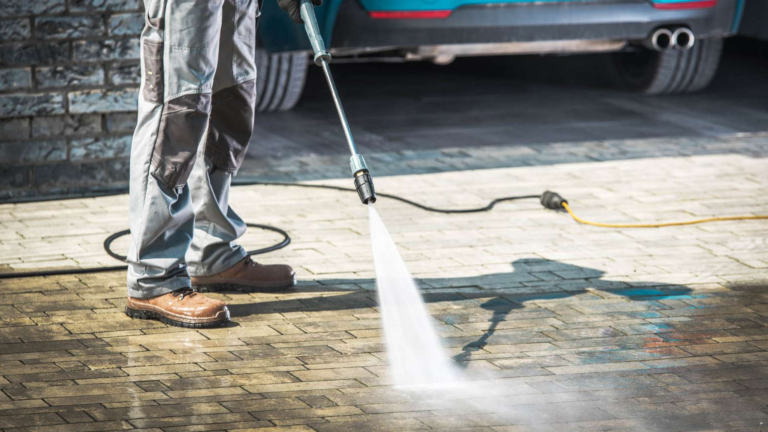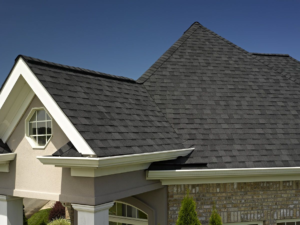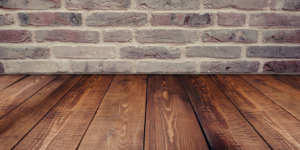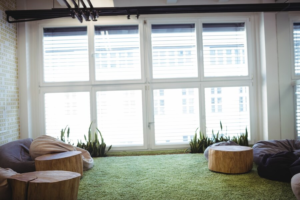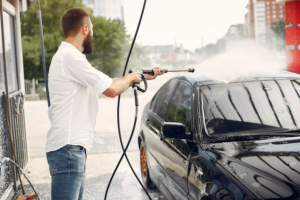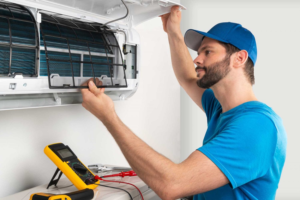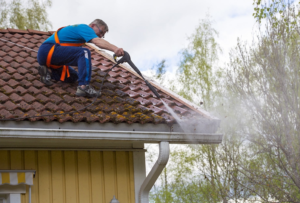Pressure washing is a highly effective cleaning method that utilizes high-pressure water spray to remove dirt, grime, mold, and other contaminants from surfaces. While it can be a convenient way to clean various materials, it’s crucial to understand that not all surfaces can withstand the intense force of pressure washing. Misuse can lead to significant damage, costly repairs, and even safety hazards. In this guide, we’ll explore ten things you should never pressure wash and provide alternative cleaning methods to help you maintain these surfaces safely and effectively.
1. Electrical Panels and Meters
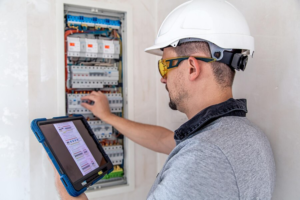
★ Explanation of Risks
Pressure wash electrical panels and meters poses serious risks. The high-pressure water can penetrate the seals and protective covers, potentially causing electrical shorts, corrosion, and even dangerous electrical shocks. This can lead to power outages and costly repairs.
★ Alternative Cleaning Methods
For cleaning electrical panels and meters, use a dry cloth or a soft brush to gently remove dust and debris. If deeper cleaning is necessary, consider using a damp cloth, but ensure the area is completely dry before restoring power. It’s also advisable to consult a professional electrician for any extensive cleaning or maintenance needs.
★ Safety Precautions
– Always turn off the power before cleaning electrical components.
– Avoid using water or any cleaning solution directly on the electrical equipment.
– Ensure that the cleaning tools are non-conductive to prevent electrical hazards.
2. Asphalt Shingles
★ Why Pressure Wash Damages Shingles
Asphalt shingles are designed to withstand various weather conditions, but they are not built to endure the high pressure of a pressure washer. The intense water force can strip away the granules that protect the shingles from UV rays, leading to premature aging and potential leaks.
★ Proper Roof Cleaning Techniques
Instead of pressure washing, opt for a gentle cleaning method using a low-pressure garden hose and a specialized roof cleaner. Apply the cleaner according to the manufacturer’s instructions and rinse with a gentle spray. For stubborn stains or moss, consider using a soft-bristle brush.
★ Long-term Effects of Improper Cleaning
Improper cleaning with a pressure washer can significantly shorten the lifespan of your roof. The loss of protective granules exposes the shingles to UV damage, increasing the risk of leaks and structural damage. Regular maintenance with appropriate cleaning methods will help preserve your roof’s integrity and extend its life.
3. Lead Paint
★ Health Hazards of Disturbing Lead Paint
Lead paint, commonly found in homes built before 1978, poses severe health risks if disturbed. Pressure wash can release toxic lead particles into the air, posing inhalation risks and contaminating the surrounding environment. Lead exposure can cause serious health issues, particularly in children and pregnant women.
★ Legal Considerations
Federal and state regulations require specific procedures for handling lead paint removal. It’s essential to comply with these laws to ensure safety and avoid legal penalties. Hiring a certified professional for lead paint removal is often the safest and most compliant option.
★ Safe Removal Practices
– Use protective gear, including masks and gloves, to minimize exposure.
– Employ wet sanding or chemical stripping methods to reduce dust.
– Enclose the work area with plastic sheeting to contain lead particles.
– Dispose of lead-contaminated materials according to local regulations.
4. Stained Wood
★ Risks of Stripping Stains and Finishes
Pressure washing stained wood can strip away the protective finishes, leaving the wood vulnerable to moisture damage, warping, and rot. The high-pressure water can also cause splintering and raise the wood grain, leading to a rough and unattractive surface.
★ Correct Methods for Cleaning Wood Surfaces
To clean stained wood, use a gentle approach with a garden hose, mild detergent, and a soft brush. For stubborn dirt, consider using a wood cleaner specifically designed for stained surfaces. Always rinse thoroughly and allow the wood to dry completely before applying any new stain or finish.
★ Preserving the Appearance of Wood
Regular maintenance, including cleaning and reapplying protective finishes, is crucial for preserving the appearance and longevity of stained wood. Avoid harsh cleaning methods and inspect the wood periodically for signs of wear and damage. Proper care will keep your wood surfaces looking beautiful and protected from the elements.
5. Windows and Window Screens
★ Potential for Breaking Glass and Damaging Screens
Pressure washing windows and screens can cause significant damage. The high-pressure water can shatter glass panes, especially if there are existing cracks or weaknesses. Window screens can be torn or stretched, reducing their effectiveness and leading to costly replacements.
★ Proper Window Cleaning Methods
For safe window cleaning, use a soft cloth or sponge with a mild window cleaner. For screens, remove them and gently scrub with a soft brush and soapy water. Rinse thoroughly and allow them to dry before reinstalling.
★ Ensuring Safety and Longevity of Windows
Regular maintenance, including gentle cleaning and inspection for damage, will help ensure the longevity of your windows and screens. Replace any cracked or damaged panes promptly and avoid using high-pressure water to clean these delicate components.
Also Read: Benefits of Professional Window Cleaning
6. Vehicles
★ Risks of Paint and Finish Damage
While it might seem convenient, pressure washing a vehicle can lead to paint and finish damage. The high-pressure water can strip away wax and protective coatings, leaving the paint vulnerable to scratches and fading. It can also force water into sensitive areas, causing electrical issues and rust.
★ Safe Car Washing Practices
To wash your car safely, use a low-pressure hose and a car-specific soap. Wash with a soft sponge or microfiber cloth to avoid scratching the paint. Rinse thoroughly and dry with a clean, soft towel to prevent water spots.
★ Protecting Your Vehicle’s Exterior
Regular washing and waxing will help protect your vehicle’s exterior. Avoid harsh cleaning methods and use products designed specifically for automotive finishes. This will keep your car looking its best and maintain its value.
7. Air Conditioners
★ Risks to the Unit’s Functionality
Pressure washing air conditioners can damage the delicate fins and coils, reducing the unit’s efficiency and potentially leading to costly repairs. Water can also penetrate the electrical components, causing shorts and corrosion.
★ Proper Maintenance and Cleaning Methods
For cleaning air conditioner units, turn off the power and use a vacuum with a soft brush attachment to remove debris. If deeper cleaning is needed, use a garden hose on a low setting to rinse the fins gently. Regular maintenance, including changing filters and checking for damage, will keep your unit running efficiently.
★ Ensuring Efficiency and Longevity
Proper care and maintenance, including gentle cleaning and regular inspections, are key to ensuring the efficiency and longevity of your air conditioner. Avoid using high-pressure water and consult a professional for any significant repairs or maintenance needs.
8. Gutters
★ Potential for Bending and Detaching Gutters
Pressure washing gutters can cause them to bend, detach, or even break. The high-pressure water can also force debris into downspouts, leading to clogs and drainage issues. This can result in water damage to your home’s foundation and roof.
★ Correct Gutter Cleaning Techniques
To clean gutters safely, use a ladder and remove debris by hand or with a gutter scoop. Rinse with a garden hose to ensure proper drainage. Consider installing gutter guards to reduce the frequency of cleaning and prevent clogs.
★ Maintaining Gutter Effectiveness
Regular inspections and cleaning are essential for maintaining gutter effectiveness. Ensure that gutters are securely attached and free of debris. Proper maintenance will protect your home from water damage and extend the life of your gutters.
Also Read: Why Cleaning Your Gutters Annually Is A Must: Essential Insights
Conclusion
Pressure washing is a powerful cleaning tool, but it’s essential to use it responsibly. Understanding which surfaces are not suitable for pressure washing can prevent damage, costly repairs, and safety hazards. By following the alternative cleaning methods and maintenance tips provided in this guide, you can keep your home and belongings in excellent condition without the risks associated with improper pressure washing.
For more information or to schedule a professional cleaning service, email us at info@eecpowerwashing.com or call us at 908-578-5587. Our experts are here to help you keep your home and belongings in excellent condition while avoiding the risks of improper pressure washing.


